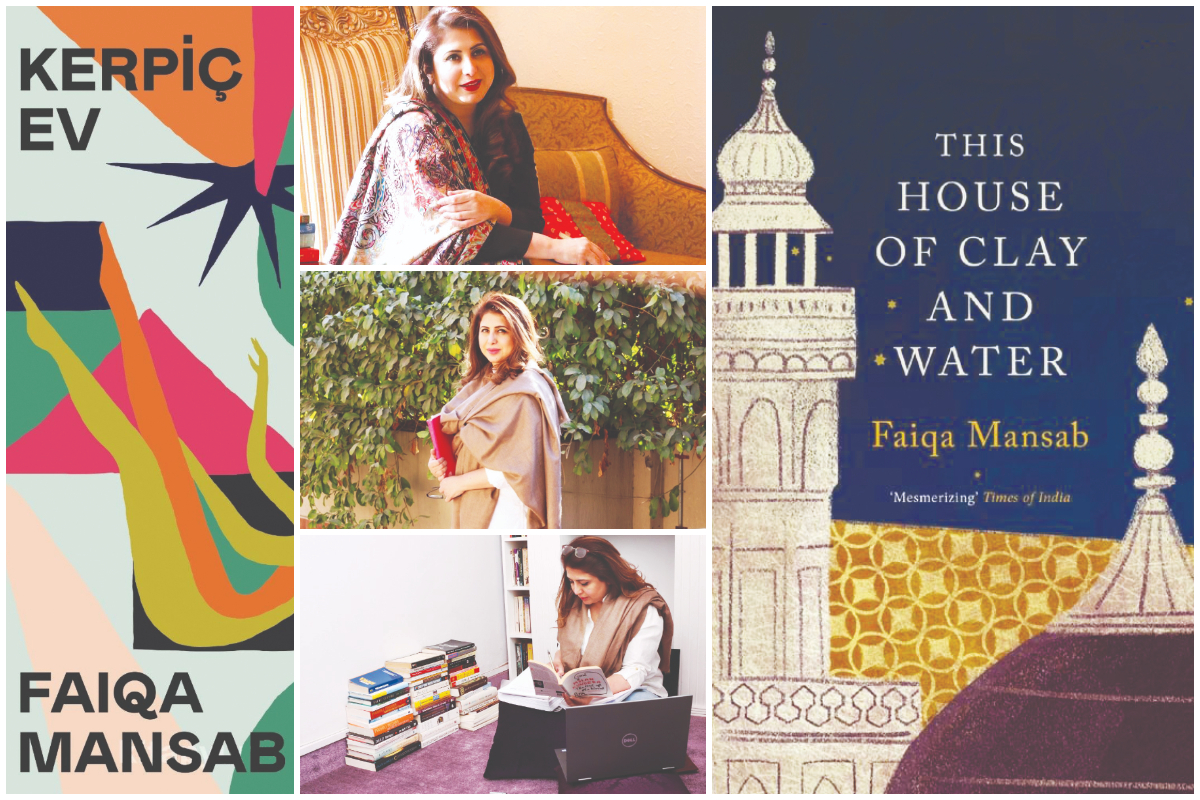
Faiqa Mansab, the author of a best-selling debut novel ‘This House of Clay and Water’, shares her thoughts on pulling women out of their comfort zones
Q: Your debut novel, This House of Clay and Water, explored sensitive themes such as gender bias, escapism, and the need for acceptance and love. How did you dare achieve this feat, especially in a country which is riddled with taboos?
A: To make the journey of writing the story one hopes and wishes to tell, is by being oblivious to the world. I gravitate towards writing because that is the process through which thought is distilled to its clearest, cleanest form, when nothing can or should be allowed to come between the purity of intent and the precision of craft.
When I write, I am not trying to be anyone else, please anyone, hide myself, make myself smaller or pretend in any way. I am not guilty of deception when I am writing. It is my honest self. Again, perhaps that is why I gravitate towards reading and writing. Reading makes me connect with the honesty of other writers, other people like me who found that their true versions could exist only between the blank spaces of their own words. When my words start filling up the blankness of a white page, I begin to exist in a fluid, but visible way. I exist as I wish to, without the pressures and expectations of the world. I do not tailor my words or my thoughts to I should, I must, I have to. Not when I am writing. I am the free-est version of myself when I write. That is why I write.
The novel ‘This House of Clay and Water’ is close to my heart because it is a story I wanted to tell for a long time. I had lived with this tale of conundrums and impossible to understand love because love is something that is most courageous in us. Love is something we fear and we covet. Love and hope can spring in the most unlikely places. These are the strongest bits of us. We tell stories of hope and love again and again because they’re fascinating and they’re enigmas we don’t quite get.
The story essentially revolves around characters that are primarily peripheral in our society. How important and difficult was it to voice out their part of the story?
I am a woman. I am a writer. I am always on the periphery. I am many other things as well which make it impossible for me to be at the centre of a lot of things. I was raised by people who tried their hardest to avoid power when it was at their fingertips. This makes power suspect for me. My father was the youngest MPA in the 1960s. He served his constituency and his country for more than fifty years. He was also a published poet, essayist, and a non-fiction writer. That equation runs in my blood. Art is political and politics can be an art form for some. Power is a graceless, ravenous creature which does not often beget wisdom. Strength of character, courage and grace under pressure are traits one builds over time. I learned that watching my mother, who is another larger-than-life persona in my life. She didn’t live by halves. When one is raised by people who argue over household matters with poetry couplets and quotations from the greatest Urdu writers of the time, you learn to think differently.
I was never raised to claim the centre. I was raised to keep my eye on the centre and my feet planted firmly on thresholds. I listened to Sufi poetry, and Iqbal when girls my age were listening to Madonna and Michael Jackson. I’m not denying that these two made huge contributions to music, I’m just saying, my aesthetic was never populist and never power-centric.
What triggered you to write about love, discrimination and unkindness, a rather delicate subject? Was it the patriarchal society which contributes to the thought process?
Except for the lotus flower, which can grow in the dirtiest of places, I cannot think of another that can grow in an environment that is antithetical to their being and remain beautiful and worthy of temples. Most often, we are not who we are but where we are and perhaps that is part of the tragedy of being human. Maps, borders, water, matter at the cellular level.
I always say that my parents equipped me to see the world in three and a half languages but that’s a reductive way of looking at it. I’m not including non-verbal languages I learned. Empathy. Shame. A word misused in English because the word ‘sharam’ is so multi-layered and springs from the desire to not shame yourself or others. To have ‘lihaaz’ and ‘adab’. To spread a dastarkhawan which will not shame the host or the guest. To not put others to shame by showing off. These are just some of the ways shame is portrayed in our culture.
By this I mean, there is good and bad everywhere. Even in my novel there is a very clear representation of both, good and bad in places, people and situations. We have many social structures which are harmful to all kinds of minorities whether they’re based on religion, gender, sexual orientation, finance or class, and at the root of them all is patriarchy and at the root of patriarchy is power.
So yes, you are right, all these subjects are delicate. How one lives one’s life is also an art. There are lovely poems about it.
Do you think religion has become a medium of working around the difficulties of societal burdens?
Religion has been used for leverage for as long as it has existed. Religion is personal but also the business of the state because religion is power and the state knows it since the Middle Ages. Karl Marx said religion is the opium of the masses. Others said it was hope. But when religion is used as power by powerful state and world actors, then bad things happen. But religion gets a bad name for the way it is used. We should learn about our religion and the world we live in and we should learn to be tolerant.
Your favourite authors?
I loved Edith Nesbit, LM Montgomery, Louisa May Alcott, and all kinds of fairy-tale as a child. Then, in my tween and early teens, I devoured Agatha Christie, the Brontës, Jane Austen, Alexander Dumas, Julius Verne, H. G. Wells, Charles Dickens, Victoria Holt, M. M. Kaye, P. G. Wodehouse and so many others. And then, I read everything. So, I dove headfirst into Tolkien, Patricia Mc Killip, Ursula Le Guinn, Virginia Woolf, Lydia Davis, Katherine Mansfield, Joan Didion, Ernest Hemmingway, F. Scott Fitzgerald, and so many others. I especially loved studying Shakespearean, Greek and American tragedy. I think Pakistani literature in Urdu especially, shows the same darkness and light. I also studied Sufism for many years.
I discovered Pakistani writers in my twenties. These days my favourites are Shandana Minhas, Osama Siddique, Awais Khan, Naima Rashid and Soniah Kamal.
When I discussed ‘This House of Clay and Water’ in book clubs, your work was assumed to ‘shock women.’ It raised the question: Can these stories be read by ‘noble’ girls? Do you think it bridged the gap between ignorance and truth?
That’s some shocking bit of news to me, actually. Thanks for sharing it. If it shocks women, then it’s good. Maybe they’ll be shocked out of their internalised misogyny. First, complacency and ignorance do not make anyone noble. Second, we should stop convincing ourselves that ignorance means innocence. Third, innocence is overrated. We link innocence with not having knowledge of carnal matters. If these so-called noble girls can watch the drivel on our screens in the form of drama serials and plays, rest assured they’re not too ‘noble’ for any novel, let alone, mine. However, not everyone is intelligent enough to understand the nuances of fiction, nor brave enough to question their own longstanding beliefs. I am not talking of religious beliefs which are fundamental.
Pretending to be better than the next person will not save us. Our complicity will not save us. Being patriarchal agents will not save us. We should have the ability to think critically, question endlessly and see the difference between a threat and a question. I would rather be Bastami, than a Mullah any day. And yes, I think my novel tells many truths, but some people are just not brave enough to face the truth.
How can the literary world empower society like ours?
Everyone has a role to play. Writers, readers, bookshop owners, publishers, all of us. I want quality in printing and book presentation. I want more artists for better book covers. I want more skill and more collaborations with other, older publishers and printers for better results for books as finished products. Wouldn’t that be something?
I would love to see more book fairs. I would love to see publishers have more author readings, book signings. Literature was a huge part of Pakistani life. Mushairas, discussions, talks were being held everywhere all the time, something which has dried up over the years. Bookshops, publishers, authors need to work together to rebuild what is lost. -Ends
Catch all the Bold News, Breaking News Event and Latest News Updates on The BOL News
Download The BOL News App to get the Daily News Update & Live News.





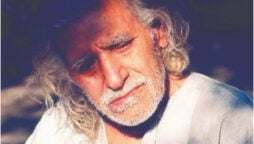
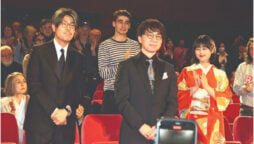
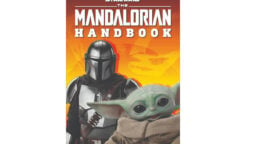
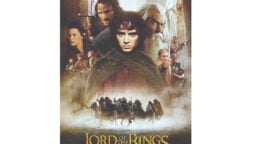
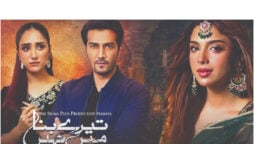
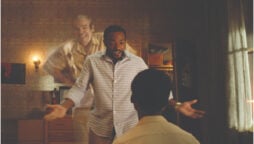

 Read the complete story text.
Read the complete story text. Listen to audio of the story.
Listen to audio of the story.